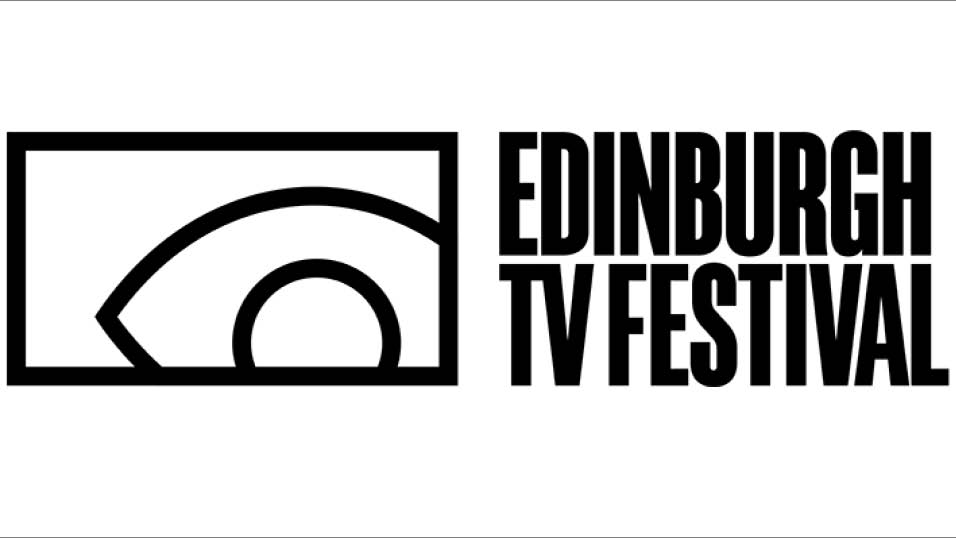Edinburgh TV Festival Thursday: Creators and Traitors – YouTube, TikTok and the BBC show their hand. Michael Burns reports
Day three of the 50th Edinburgh TV Festival balanced BBC commissioning headlines with warnings of global disruption, but on the sidelines, YouTube, TikTok and the creator economy commanded the most attention.
Queues stretched down the corridor for YouTube: The Future or the End of TV?, reflecting the hope producers are pinning on the platform. On the panel, Channel 4’s Sacha Khari described YouTube’s algorithm as a mirror of audience demand, claimed long-form is thriving on digital, and highlighted the success of the broadcaster’s Channel 4.0 digital-first brand. Zoo 55 MD Martin Trickey also revealed significant figures for ITV Studios’ foray onto the platform: “We’ve had between two and four per cent incremental audience reach by putting content on YouTube. About 50% of that audience is aged 18 to 45, but over 10% of the YouTube audience is over 65.
“Love Island is an IP universe, and YouTube is part of that,” Trickey added. “Collaboration is what it’s all about.”
Kahri agreed, emphasising the importance of matching YouTube talent with the right shows and production partners to create exceptional content.
Three Six Zero Artist Manager Rebecca Dowell described today’s creators as “mini studios” with their own production slates, running merchandising, Patreon models, and brand partnerships to fund growth. Khari stated bluntly that linear still outpaces digital for ad value, but YouTube’s Mairi Brewis pushed YT’s Partner Programme as a scalable way for creators to monetise their premium content, suggesting that balance may yet shift.
An equally packed TikTok session explored how memes, reactions and remixes are fuelling cultural buzz beyond linear broadcast. “Think of TikTok as a creative lab, a launch pad and a feedback loop… don’t expect to get it perfect straight away,” advised Jasmine Dawson, SVP, Digital, BBC Studios. Meanwhile, Aardman Animations MD Sean Clarke used the session to announce that it is partnering with TikTok to offer one fan the opportunity to be immortalised in clay in the upcoming Shaun the Sheep feature film, The Beast of Mossy Bottom (2026). Both Aardman and the BBC allow and encourage TikTok users to remix, parody, and participate with shows, seeing that interactivity drives free marketing.
TikTok execs revealed facts and figures proving TikTok to be a measurable driver of tune-in, while creator-led storytelling and fan engagement were pushed as keys to success. The session revealed that the platform is also revolutionising commissioning strategies by providing data, discovery (teasers), and proof of demand before a show airs on linear or streaming platforms; Race Across the World used this strategy. Moreover, it is helping IP holders reach ‘light viewers’, revive nostalgia, and maintain fandom between broadcast cycles.
The BBC used its spotlight session to confirm The Celebrity Traitors for October 2025, filmed at Ardross Castle with Stephen Fry, Paloma Faith, Tom Daley, Charlotte Church and Jonathan Ross. A new civilian series follows in 2026. Chief Content Officer Kate Phillips reaffirmed BBC commitment to Doctor Who, saying “the TARDIS is going nowhere”, and BBC Three launched a hunt for five youth-facing current affairs one-offs aimed at 16 to 34s for iPlayer and YouTube.
In a ‘Worldview’ keynote, Sony Pictures Television’s Wayne Garvie told Bad Wolf CEO Jane Tranter that the industry is in a “state of permanent revolution”, with advertising shifting to digital in markets such as Brazil and Mexico, and traditional free-to-air broadcasters under pressure everywhere. Garvie was optimistic about drama, noting that more is being made globally than ever before, though inflation and economic pressures mean budgets will polarise: mid-range productions will be squeezed, with growth at the lower and higher ends. Unscripted faces even tougher challenges, he noted.
He urged UK producers to look harder at Europe rather than the US for opportunities, pointing out Spanish and German markets are hungry for procedural British drama.
Garvie praised the creator economy, admiring its speed of delivery. Younger creatives, he said, increasingly gravitate toward digital-first work rather than traditional TV pipelines. He argued that change has always been part of television. People can complain, he said, but they also need to adapt, “because the world is changing, and if you can’t see that, then frankly, you’re an idiot”.
Share this story
Share Televisual stories within your social media posts.
Be inclusive: Televisual.com is open access without the need to register.
Anyone and everyone can access this post with minimum fuss.
